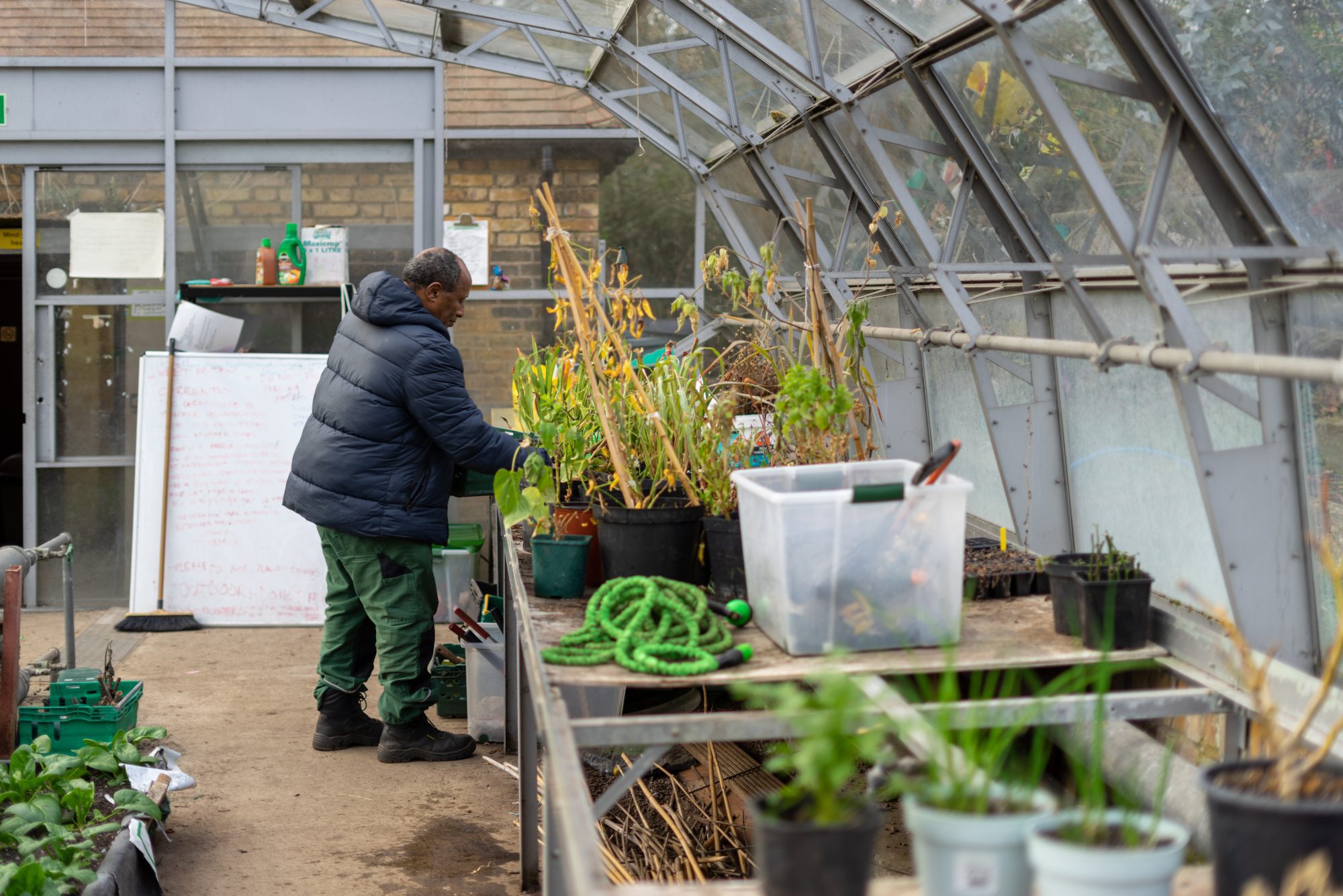
Natalie White
Practice and Innovation Manager
Accessing the right money at the right time is a major challenge for community businesses. It’s important that funders and investors create a more supportive financial ecosystem to ensure community business’ sustainability. The Community Business Market Report 2024 reiterates this point by providing an updated picture of where community businesses get their money from.
Traded income is core to their business model
What sets community business apart from many charities and community groups is their focus on trading. They earn income from selling services or products and undertaking commercial contracts across a range of activities, such as public-facing support services, operating venues, retail and hospitality, and arts and culture. Trading continues to make up the largest proportion of community business income at on average 48 per cent. Although reported separately, community businesses also earn on average 20 per cent of their income through contracts.
Trading income can be used flexibly to cover costs such as staff, rent and utilities, with any surplus used for reserves or repaying investors. As a result strong trading income is critical to community business confidence and sustainability.
In addition to traded income, community businesses seek funding from a variety of sources. The most significant source is, perhaps unsurprisingly, grants. They typically make up 40 per cent of total income. Nine in ten community businesses considered accessing grants to be a priority in the next 12 months. In contrast only two per cent of community business income comes from social investment and one per cent from commercial loans. Only one in five (21 per cent) of community businesses considered accessing loans as a priority in the next 12 months.
Grants are an important part of the funding landscape
Grants are and should absolutely continue to be an important part of community business income mix. We know that community businesses are disproportionately located in areas of disadvantage. They often operate where the market has failed, contributing to the economic, social and environmental wellbeing of their communities. Their vital contribution must be recognised and subsidised by grant makers.
However, the likelihood of accessing grants is the reason 80 per cent of community businesses have lower confidence about their financial prospects. With an increasingly competitive grant funding landscape, this is a concern for community business sustainability.
Creating a more supportive financial ecosystem
In recent years, funders and investors have increasingly recognised the need for better access to and availability of appropriate forms of finance to foster sustainability within the community business sector. Power to Change is working with partners to develop and strengthen the market for a variety of financial tools and support for community businesses seeking alternatives to traditional grant funding.
There are several types of funding we’re encouraging funders and investors to explore. Enterprise grants encourage and incentivise organisations to increase or maintain their income from enterprise activities, including selling services or goods. Community shares, a form of withdrawable, non-transferable equity investment particular to co-operatives and community benefit societies, act as a form of patient and affordable capital, often leveraging in additional finance alongside. And blended finance combines grant funding and social investment to provide affordable and low risk capital for community businesses.
We’re also making the case for Government at all levels to play a greater role in unlocking sustainable forms of finance for community business. The Government’s announcement of plans to create a new Social Impact Investment Vehicle provide an opportunity to do things differently and channel more investment into the community business sector. We’re also working with Central Government to develop and implement national policy to incentivise more investment in the community business sector, such as a successor to Social Investment Tax Relief. And we’re working with combined authorities to shape and invest in financial offers tailored to the community business market in their own region, such Liverpool City Region’s Kindred and the North East’s Flexible Social Finance Offer.
Our commitment
Community businesses make a vital contribution to local economies, providing jobs and opportunities to local people whilst generating social and environmental impact. Our recent Community Business Market Report reiterates the importance of traded income and grants income to community business confidence and financial outlook.
However, the data suggests that barriers continue to stand in the way of community businesses accessing more sustainable and innovative forms of finance, which may be holding many back from realising their full potential. Power to Change is committed to partnering with others to foster a more supportive and accessible financial ecosystem for community businesses. In 2025 we will continue to work collaboratively with community businesses, investors, funders, government and others on this agenda to enable community businesses to thrive.



